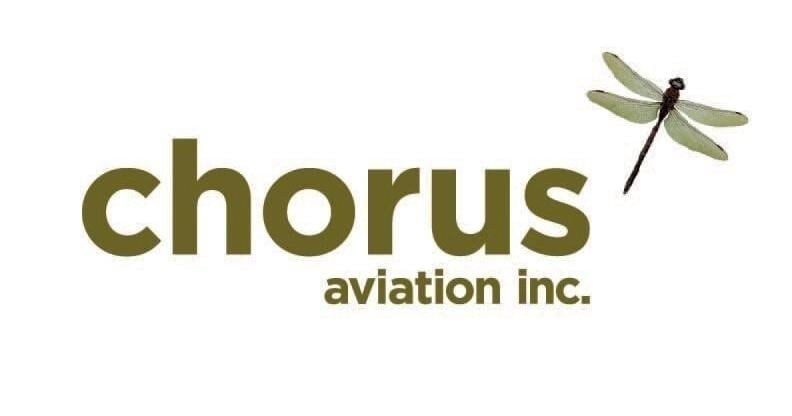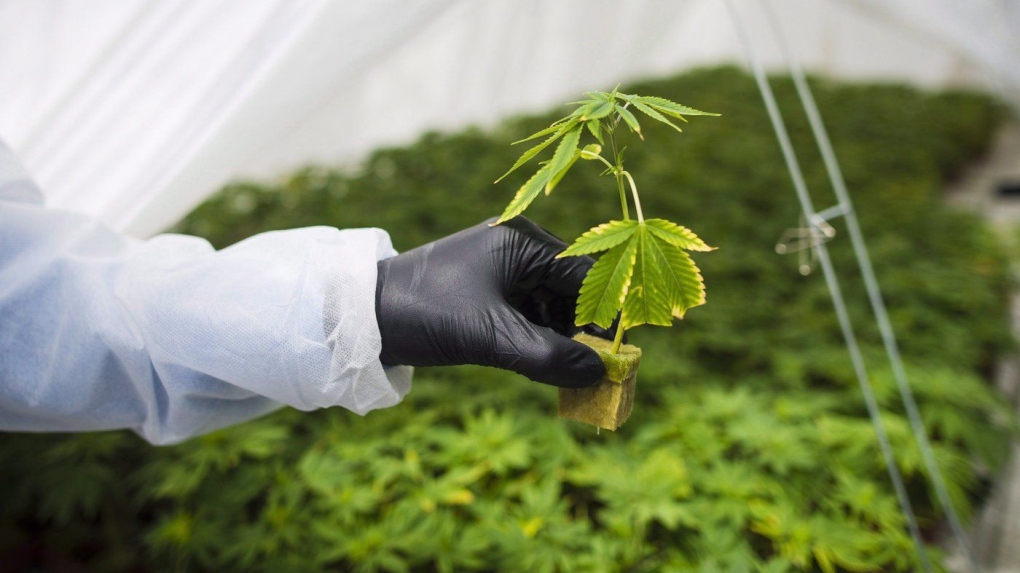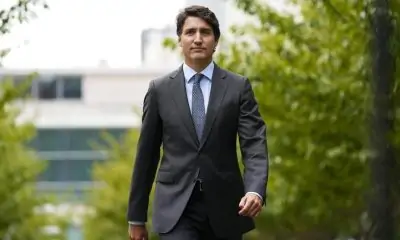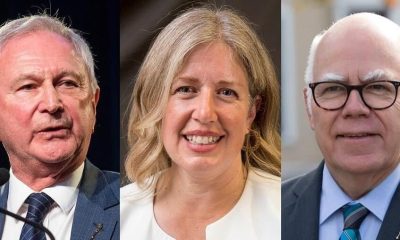Saudi Arabia showed no sign of bowing to pressure from President Donald Trump to dial back the oil-price war with Russia as the kingdom pushed crude supply to record levels.
Trump said last night he’d spoken to both President Vladimir Putin and Crown Prince Mohammed bin Salman in an effort to broker a truce between the world’s two largest oil exporters. But Saudi Arabia started the month by boosting supply to more than 12 million barrels a day, the largest on record.
So far, Riyadh has insisted that it will only back away from a decision to flood the global market if all the world’s leading producers — including the U.S. — agree to cut output. Russia, meanwhile, struck a more conciliatory tone without offering any concrete proposals.
A senior official said that while they hadn’t spoken to Saudi Arabia yet, Moscow had no plans to increase production given the current market situation. He gave no indication that Russia was willing to consider production cuts, however. It was Russia’s refusal to join Saudi Arabia and other OPEC producers in deeper reductions that kicked off the price war in early March.
Trump’s decision to wade into oil diplomacy is driven by the catastrophic impact of the oil price crash on the American shale industry, largely based in Texas and other Republican-leaning states. But his mission to rein in global supply is overshadowed by the unprecedented loss of demand caused by fight against the coronavirus.
World oil demand, normally around 100 million barrels a day, will likely be down by 30 millions barrels a day in April and has yet to bottom out as lockdowns due to the virus continue, Chris Bake, an executive committee member at trader Vitol said on Tuesday.
The Russian official said it made no sense for producers to boost output in the current situation. Energy Minister Alexander Novak said last month Russia can raise prodution by 200,000 to 300,000 barrels a day in the short term, and by as much as 500,000 barrels a day in the near future. That’s a fraction of the additional volume Saudi Arabia has pledged to pump.
On Tuesday evening in Washington, Trump said the U.S. would meet with Saudi Arabia and Russia with the goal of staunching the historic plunge in oil prices.
Trump said he’s raised the issue with Russian Putin and Mohammed bin Salman. “They’re going to get together and we’re all going to get together and we’re going to see what we can do,” he said. “The two countries are discussing it. And I am joining at the appropriate time, if need be.”
U.S. Energy Secretary Dan Brouillette and Novak, his Russian counterpart, had a “productive discussion” on Tuesday and agreed to “continue dialog among major energy producers and consumers, including through the G20,” the Department of Energy said in a statement. The agency did not detail any steps the nations are considering to stem the downturn.
Let’s block ads! (Why?)

Source link
Related





























